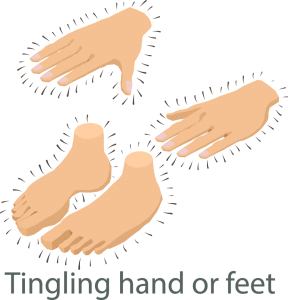HTS Receives INALA Industry Award
HTS is excited and honored to receive the Industry Award from the Indiana Assisted Living Association (INALA). HTS was nominated by Justus Senior Living which own and operate 6 independent and assisted living communities in the Indianapolis and surrounding area. HTS has partnered with Justus to provide exceptional outpatient therapy.
“HTS continues to be a true partner in our communities. They take a proactive approach and when a resident has a unique diagnosis, they go the extra mile to communicate and educate staff. They are helpful and offer creative solutions, but at the same time are totally appropriate. Our residents trust the therapists and appreciate their courteous approach. The HTS Staff Work well with community teams. At the corporate level we are able to communicate openly and honestly, sharing many of the same values. They truly represent what partnership means.”
Thank you for sharing this thoughtful testimonial. We are extremely happy to work with each of our communities to ensure the residents receive the best care possible. We are honored to receive this award from the INALA Industry Awards. Click here to see all of the 2018 INALA award winners.
About INALA
Indiana Assisted Living Association’s (INALA) mission is to promote the interests of the assisted living industry in Indiana and to enhance the quality of life for the population it serves. The Indiana Assisted Living Association believes assisted living brings a housing option to seniors which offers quality housing and caring assistance in the least prescriptive manner, provided by individuals with the highest professional standards. The Association encourages a residential environment that enhances social interaction and promotes the quality of life. Click here to learn more about INALA.
In this picture: Amanda Green, Executive Director of Marketing/Strategic Development, LaChelle Henkle-Weaver, INALA Board President, Aretoula Nahas, Director of Outpatient Therapy.

